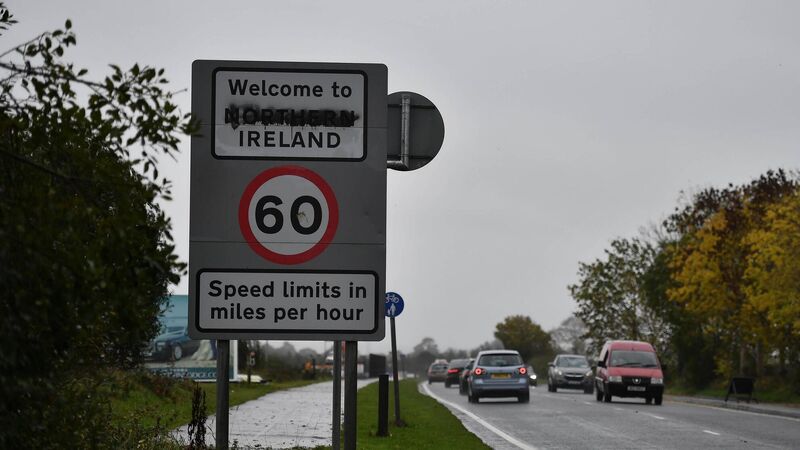Irish Examiner view: Parties keen to avoid any political hot potatoes

Simon Harris has shown disinclination for initiating debates on Irish unification. Picture: Getty
Taoiseach Simon Harris has already intimated that he has little interest in initiating wide-ranging debates about the unification of Ireland.
















